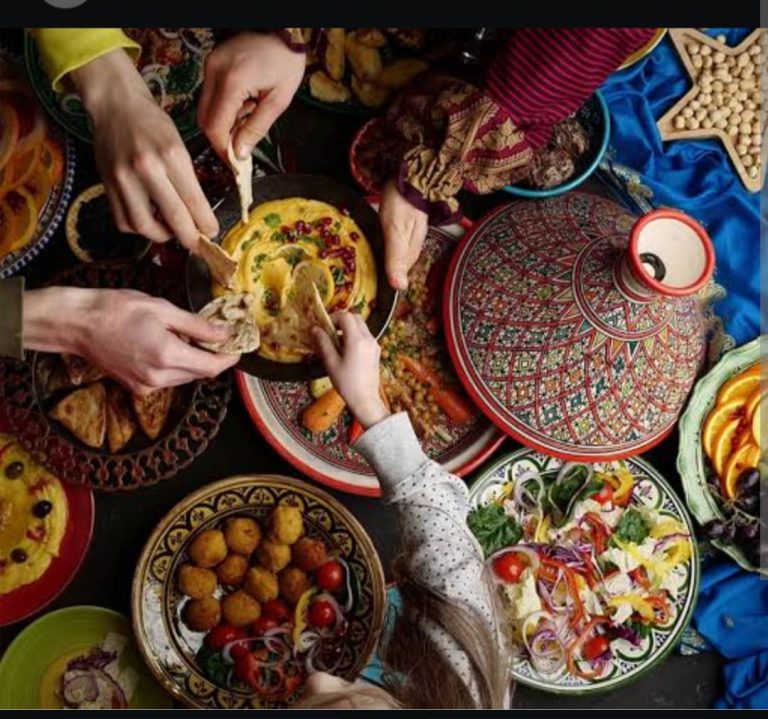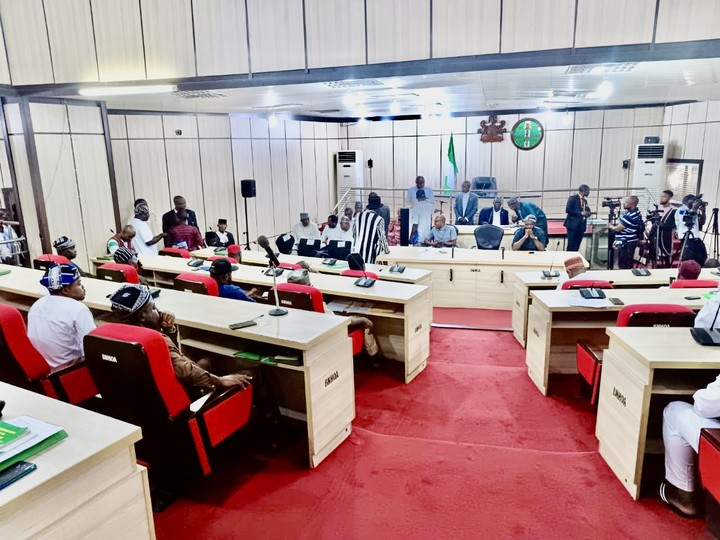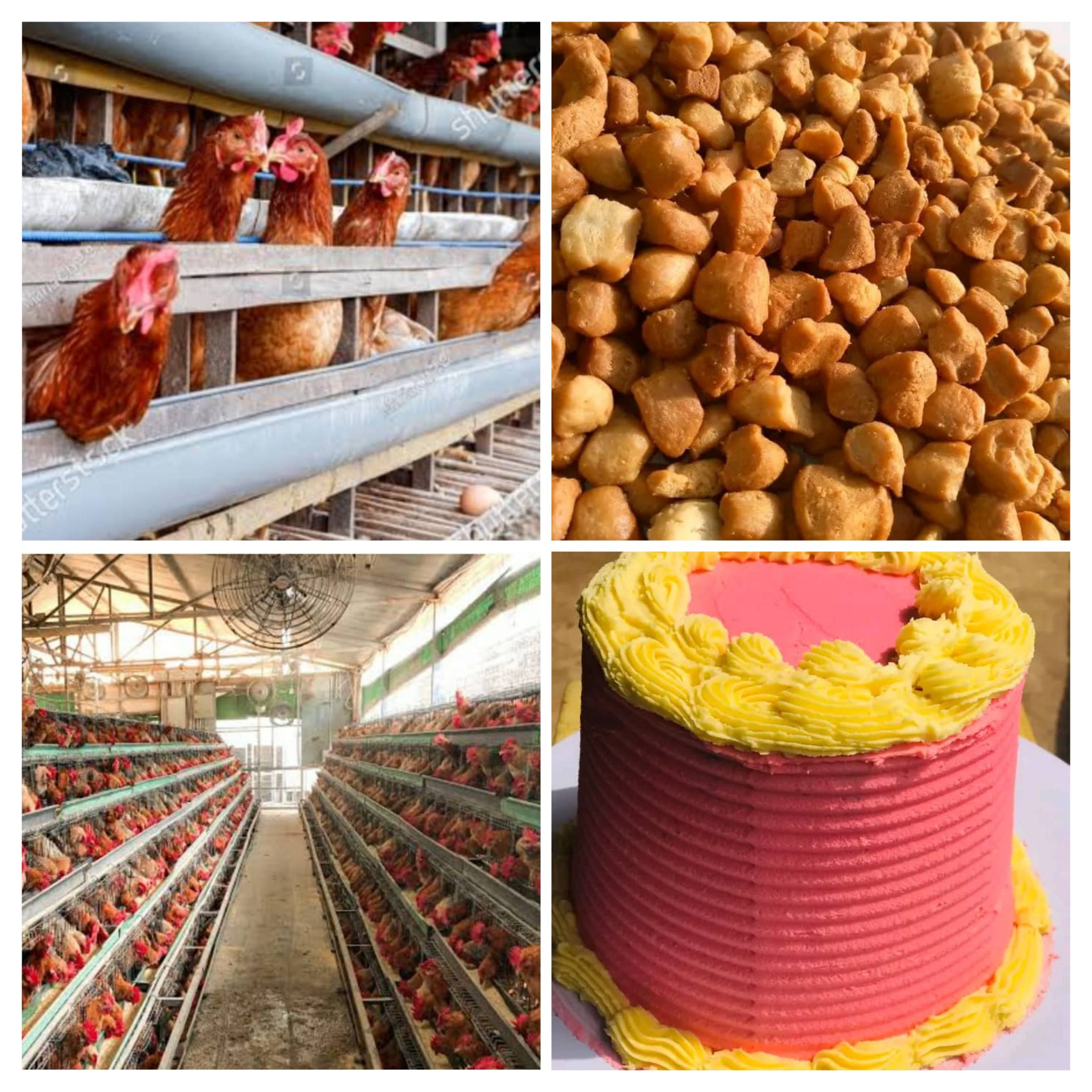By Matthew Ibe & Christiana Ochigho
Millions of Muslims worldwide have begun their Ramadan fasting which commenced on the 1st of March 2025. This is a period of reflection, prayer and self-restraint. The Ramadan period lasts for approximately 29 or 30 days depending on the lunar calendar (The lunar calendar is a calendar system based on the phases of the Moon)
Ramadan, the ninth month of the Islamic lunar calendar, is a sacred period observed by Muslims worldwide. It is characterized by fasting from dawn to sunset, usually between 5:30 am and about 7:30, depending on when the sun sets. Increased devotion and acts of charity are all attributes of this holy month. This annual observance serves as a time for spiritual reflection, self-discipline, and communal unity.
Sawm, an Arabic term that means fasting, refers to the act of abstaining from food, drink and other physical needs during daylight hours, particularly observed by Muslims during the holy month of Ramadan. The pre-dawn meal is called suhoor, Which is eaten between the early hours of 4:00am-5:30am, and the fast is broken at sunset around 6:30-7:30pm.
Breaking the fast is a significant moment, and the choice of food can vary based on cultural traditions, personal preferences, and nutritional needs. While fruits are a common and healthy option, they are not the only foods recommended. Some eat dates and water to break the fast, soup or salad, and a main dish with lean protein, whole grains, and vegetables, among other foods.
During Ramadan, the prayer schedule revolves around the five obligatory prayers: Fajr (pre-dawn), Zhuhr (midday), Asr (afternoon), Maghrib (just after sunset), and Isha (night). Additionally, Muslims engage in Taraweeh prayers, performed after the Isha prayer throughout the month. These extra prayers observed in congregations at mosques, hold significant spiritual value.
The Quran acknowledges certain situations where exceptions or alternatives are permissible. As stated in Quran 2:184: “And upon those who are able [to fast], but with hardship, upon them is the duty of feeding a needy person [each day].” This highlights the significance of compassion and care for those facing difficulties, especially during the sacred month of Ramadan.
Individuals with temporary illness can miss a fast but make up the fast once they recover. Also, for those with chronic conditions or permanent hardships, the Quran provides a compassionate alternative: feeding a needy person for each missed day of fasting, a practice known as fidya.
In light of the Holy month of Ramadan, the UN Secretary-General António Guterres during a solitary visit to Bangladesh on February 27th, 2025, extended warm wishes to Muslims worldwide as they commenced Ramadan. He emphasized the month’s core values of “compassion, empathy, and generosity” and called on everyone to reconnect with family and community while supporting those in need.
“To all those who will spend this sacred time amid displacement and violence, I wish to express a special message of support. I stand with all those who are suffering from Gaza and the wider region to Sudan, the Sahel, and beyond.
During a Friday Jumu’ah prayer session at Almahrifah Central Mosque in Magboro, Ogun State, Nigeria, Imam Alhaji Al Khaleefah Ahmod Idris Ayinla, in his admonition on the significance of Ramadan, emphasized the sanctity of the holy month as a profound opportunity for Muslims to deepen their connection with Allah through sober reflection and sincere devotion.
The Imam encouraged believers to intensify their worship and supplications during this sacred period, striving for spiritual growth and seeking Allah’s divine blessings. “Ramadan brings us closer to Allah, enhancing our spiritual growth and inviting His divine blessings,” he said.
In a market survey on the prices of food during Ramadan, a food vendor, Mr Abdul Abdullahi, at Wurukum market said that, an apple, which previously cost N500 to N600, now costs between N700 to N1000. According to him, banana and dates have also increased in price noting that, despite the price hike in fruits, he still records massive sales due to the need for fruits during this period.
Islamically, one is meant to go out and sight the moon in his or her locality. However, many Muslims use Saudi Arabia’s moon sighting committee of the Supreme Council to announce the official date of Ramadan.
In Nigeria, the Sultan of Sokoto, as the President-General of the Nigerian Supreme Council for Islamic Affairs (NSCIA), typically announces the sighting of the moon to mark the end of Ramadan (and the beginning of Eid-ul-Fitr) based on reports from the National Moon Sighting Committees.
At the end of Ramadan, Muslims celebrate Eid al-Fitr. In Arabic, it means “festival of breaking the fast”. Depending on the new moon sighting, Eid al-Fitr, which lasts three days, will likely end by the end of March.







